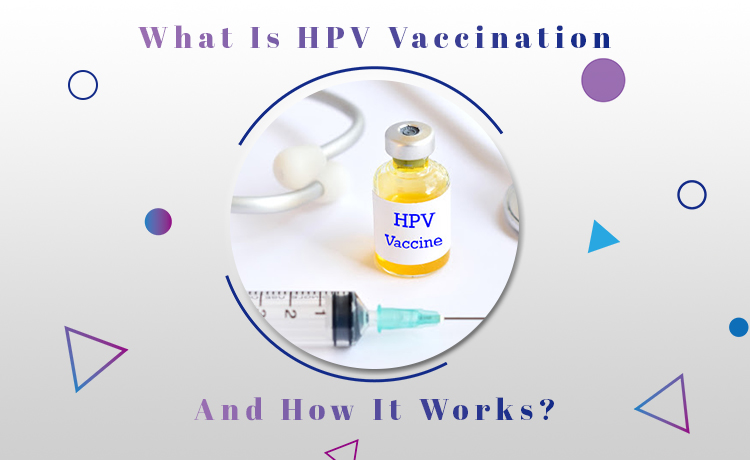HPV is short for human papillomavirus. It is the causative organism for many diseases and disorders, which can vary from more benign genital warts to severe cervical cancer. Cervical cancer is the fourth most common cancer in women, so I take serious care to protect myself and urge other women to do the same. Cervical cancer is not only common, but it’s also very deadly.
HPV Is Linked To Many Diseases
HPV vaccination is simply one of the procedures by which your body is made immune to the effects of the human papillomavirus. When you get vaccinated against HPV, just like when you get vaccinated against measles and other childhood diseases, your body is better prepared to fight off the infection when it occurs, and so you are better protected.
How Does HPV Vaccination Work?
The body immune system may not have enough time to fight off HPV. The main aim of HPV vaccines is to prepare your body to fight off infections by HPV. The body’s immune system produces substances called antibodies. The primary role of antibodies is to detect foreign bodies such as those of infection-causing organisms and destroy them. When HPV first attacks the body, the immune system tries to produce antibodies against it. Sometimes, the immune system doesn’t have enough time to produce sufficient antibodies. When this happens, HPV can sufficiently infect the body enough to cause diseases. Cervical cancer is the most serious of these diseases, although oropharyngeal cancer and genital warts are also linked to HPV infections.
HPV Vaccines Buy The Immune System Time
HPV vaccines, such as Gardasil, are made from proteins that closely resemble the HPV virus structure. When they are injected into the body via the intramuscular route, they are absorbed into their circulation. When the body’s immune system notices them, it takes them for the human papillomavirus and begins to produce antibodies against them immediately. The vaccines don’t, of course, cause diseases, so the body’s immune system has sufficient time to produce enough antibodies without being overwhelmed. Then when the real Human papillomavirus does attack the body, the immune system already has enough antibodies to fight it off. This time it puts up a far stronger fight than it would if prior vaccination had not taken place. Preparing the body to resist HPV, that’s how HPV vaccines work to protect you against HPV.
Most HPV vaccines are designed to protect against the HPV strains that cause the worst disease- such as cervical cancer. Others may protect against a broader range of HPV strains. You should discuss with your doctor what your best options are and their availability. Why is HPV vaccination important? It protects women against cervical cancer. I am relieved and grateful that this option exists because it carries the potential to save many of us from what is a devastating disease. With HPV vaccination, women are better secured against cervical cancer and other diseases; HPV is responsible for.
Conclusion
HPV can cause severe diseases in women, so we should take adequate steps to protect ourselves as women. Getting vaccinated against HPV is one of the best ways to stay safe.








